
Developing & ENGAGING enquiring young minds
EYFS Curriculum
We follow the Government’s EYFS which sets out the standards for learning, development and care for children from birth up to five years of age. Through observation and engagement with the children we draw on their interests to inform our planning where this provides structure, we equally appreciate the value of spontaneous play.
Within the group all children are supported in developing their potential at their own pace. By means of developmentally appropriate play activities and a high level of individual adult input, we offer a curriculum which enables children to progress through the areas of learning and development outlined in the Early Years Foundation Stage document, incorporating the four underlying principles.
The EYFS principles are:
Unique child
Positive relationships
Enabling environments
Learning and development
There are seven areas of learning and development that must shape educational programmes in early years settings. All areas of learning and development are important and inter-connected. Three areas are particularly crucial for igniting children’s curiosity and enthusiasm for learning, and for building their capacity to learn, form relationships and thrive.
The three prime areas of learning and development are as follows with, examples of activities that might be included in a typical Pre-School session:
Communication and Language (CL):
Storytime, conversation, discussion, opportunities to express ideas and opinions.
Personal, Social and Emotional Development (PSED):
Sharing, partner and small group activities, opportunities to praise and encourage.
Physical Development (PD):
Fine motor: Mark making, pegboards, hammer and nails, playdough, construction eg lego.
Gross motor: Balancing on benches and stepping stones, balance bikes, running and chasing on the field and in the woods, ball skills.
These specific areas of support are:
Literacy (L):
Stories, rhymes, sharing information, digital literacy.
Mathematics (M):
Counting children, objects, sorting and identifying shapes, puzzles, patterns,
Understanding the World (UW):
Exploring sand, soil, water, baking, observing and investigating nature in the surrounding environment and woods.
Expressive arts and design (EAD):
Painting, collage, singing, using instruments, music, movement and dance, acting out stories.
Providers must also support children in four specific areas, through which the three prime areas are strengthened and applied.
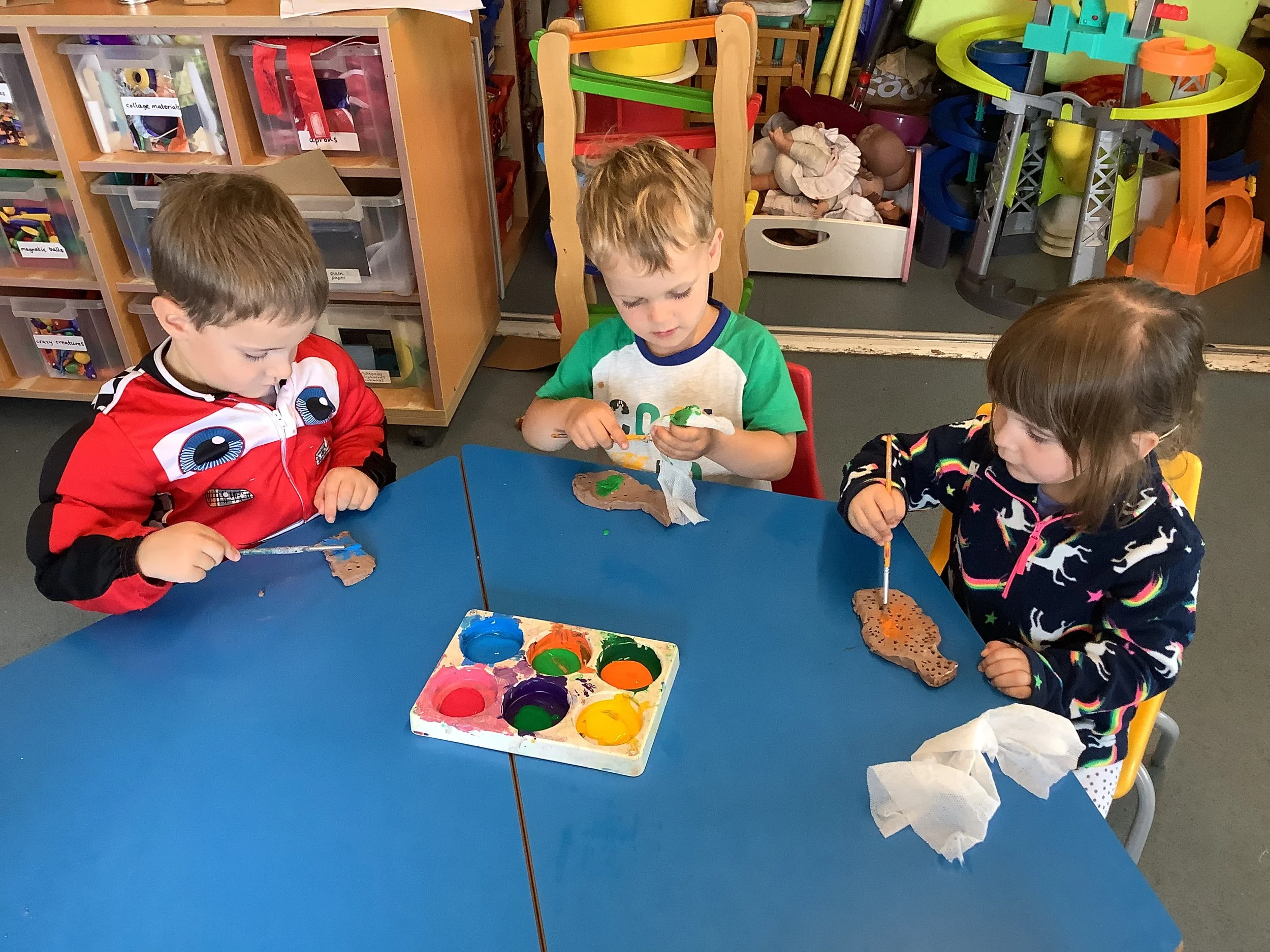
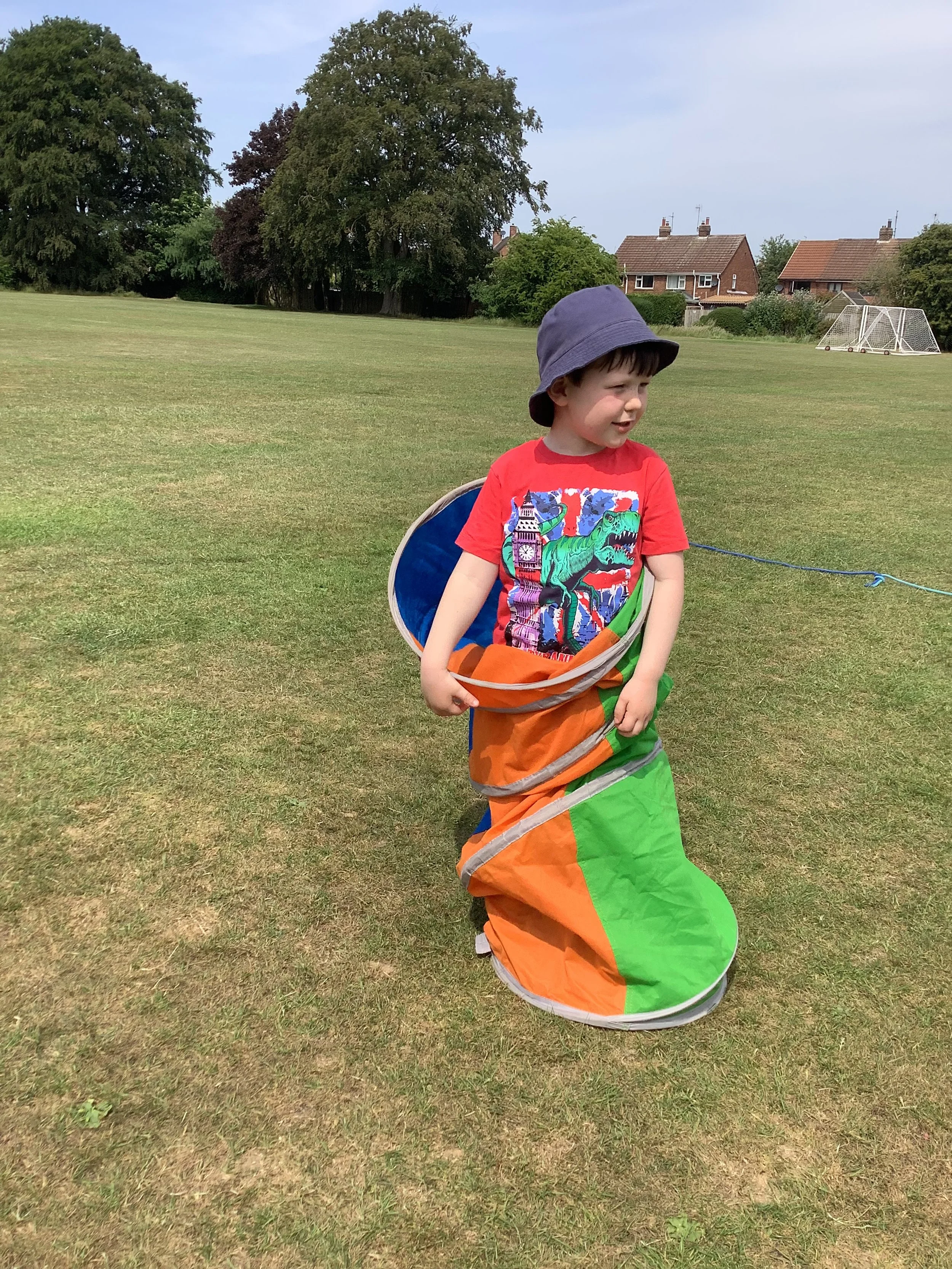
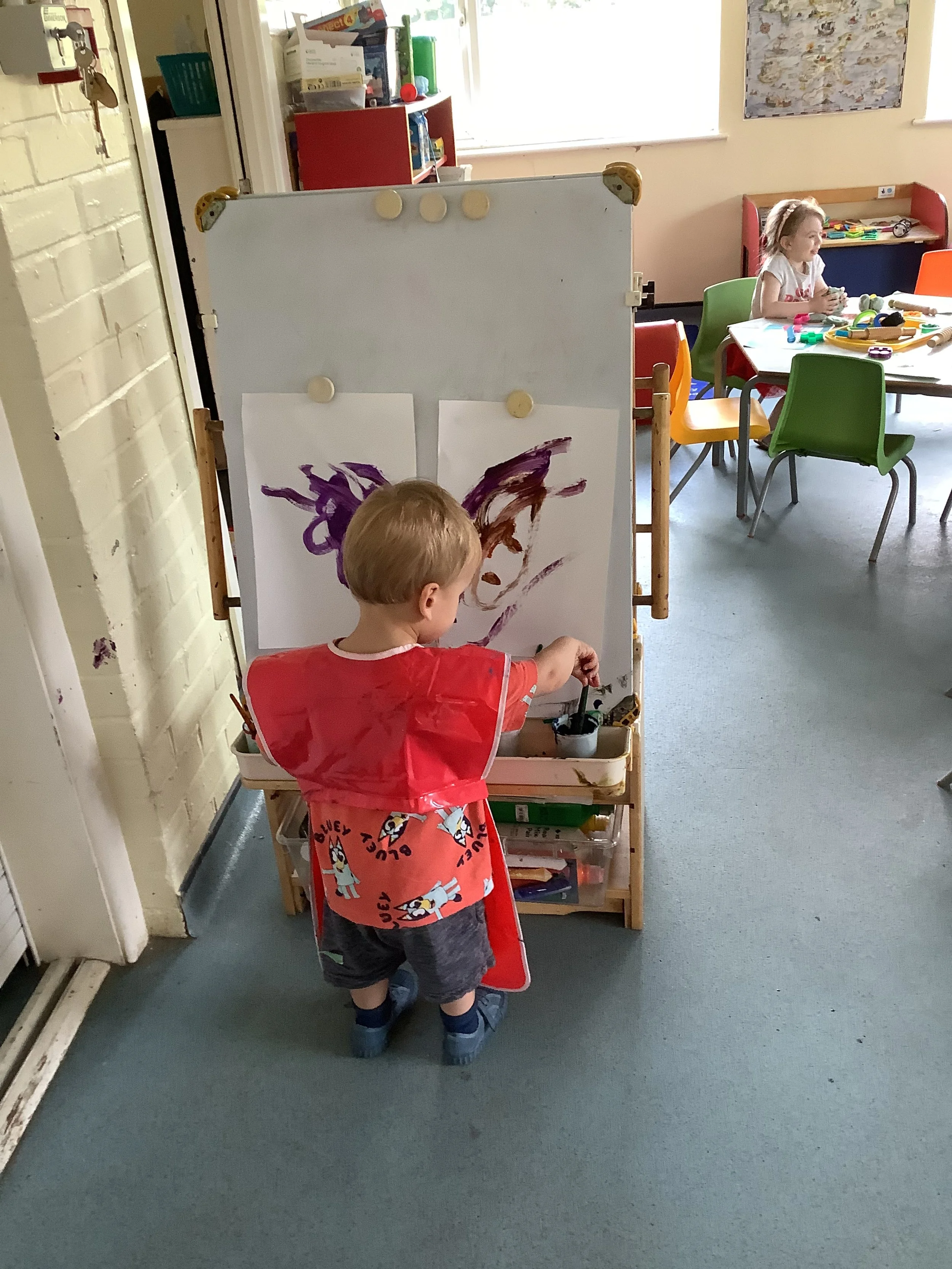
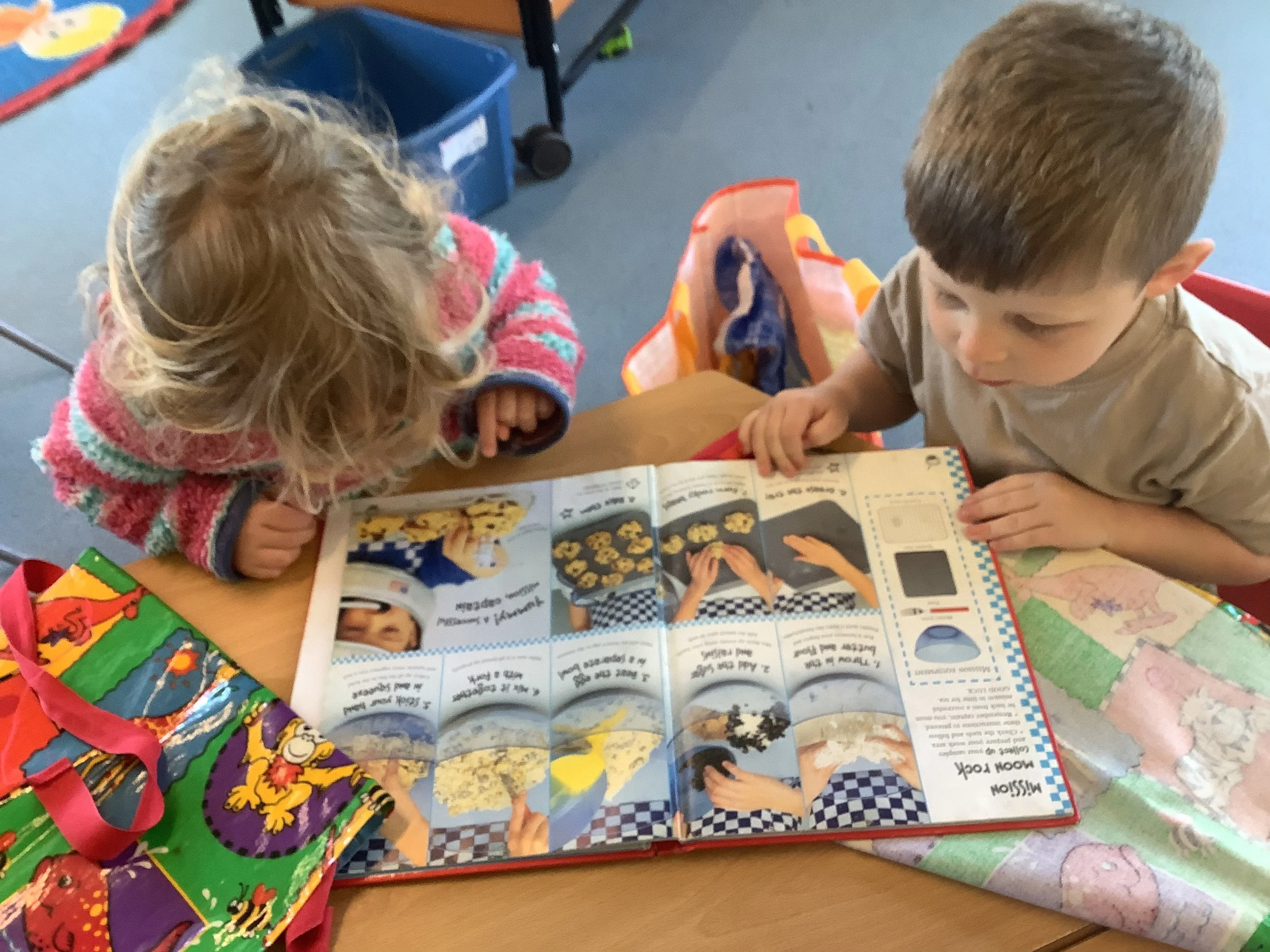
Our Approach to Learning and Development and Assessment
Learning through Play
Play helps young children to learn and develop through doing and talking, which research has shown to be the means by with young children learn to think. It builds confidence as the children explore and relate to others through free and structured play. Through observing and questioning we use children’s current ideas and interests to inform our planning on a weekly and daily basis, keeping learning relevant. We incorporate the children’s ideas into the targets of the EYFS alongside other specific activities to ensure all areas of the EYFS are covered through planning. The Key workers respond to the needs of the children, guiding their development through positive interactions.
Characteristics of effective learning
Characteristics of Effective Learning form part of the current EYFS curriculum. These highlight the different ways that children learn. Staff are mindful of these when observing and supporting their learning and helping to keep the children motivated:
Playing and exploring – children investigate and experience things and ‘have a go’.
Active learning – children concentrate and keep on trying if they encounter difficulties and enjoy achievements.
Creating and thinking critically – children have and develop their own ideas, make links between ideas and develop strategies for doing things.
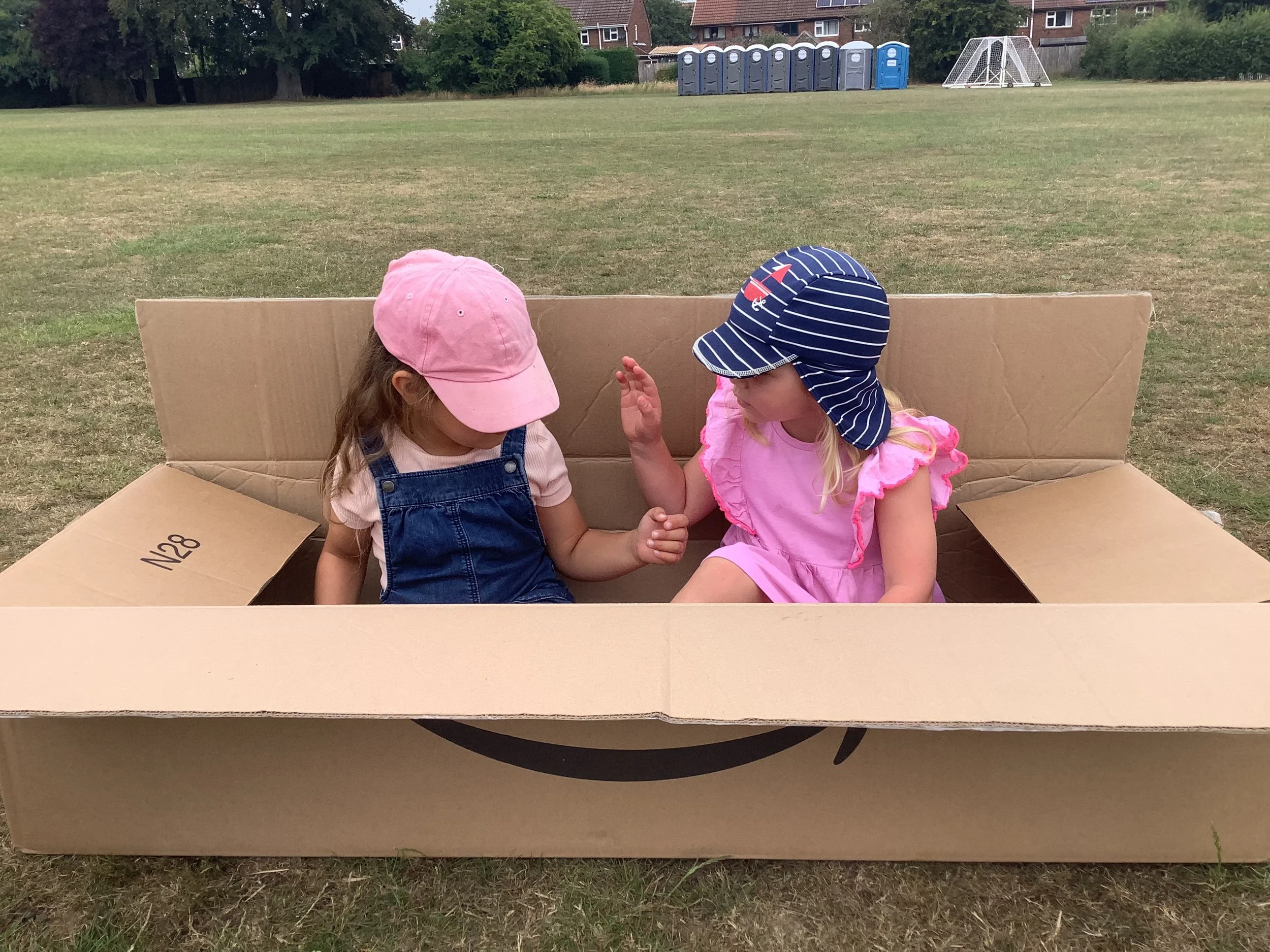
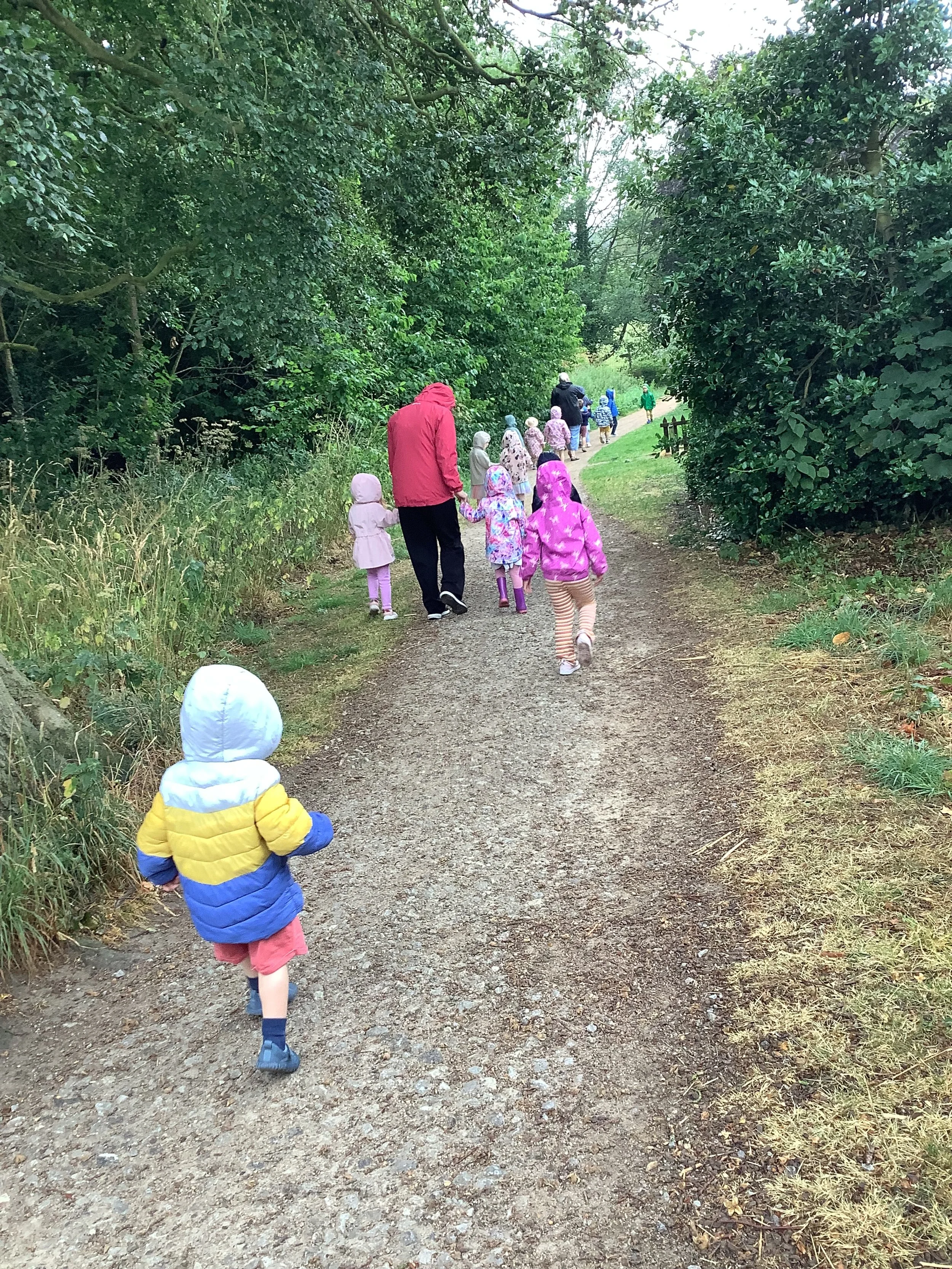
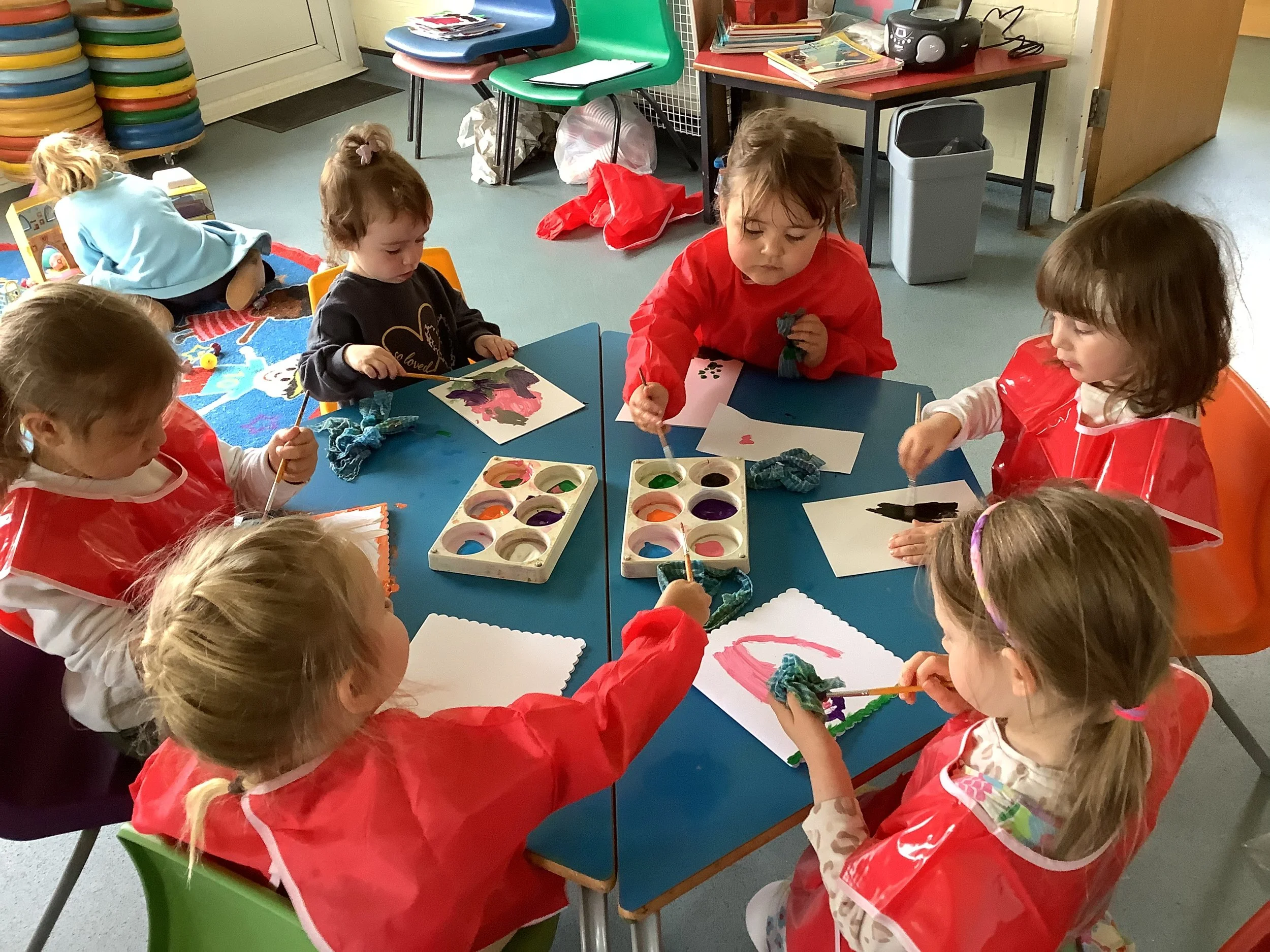
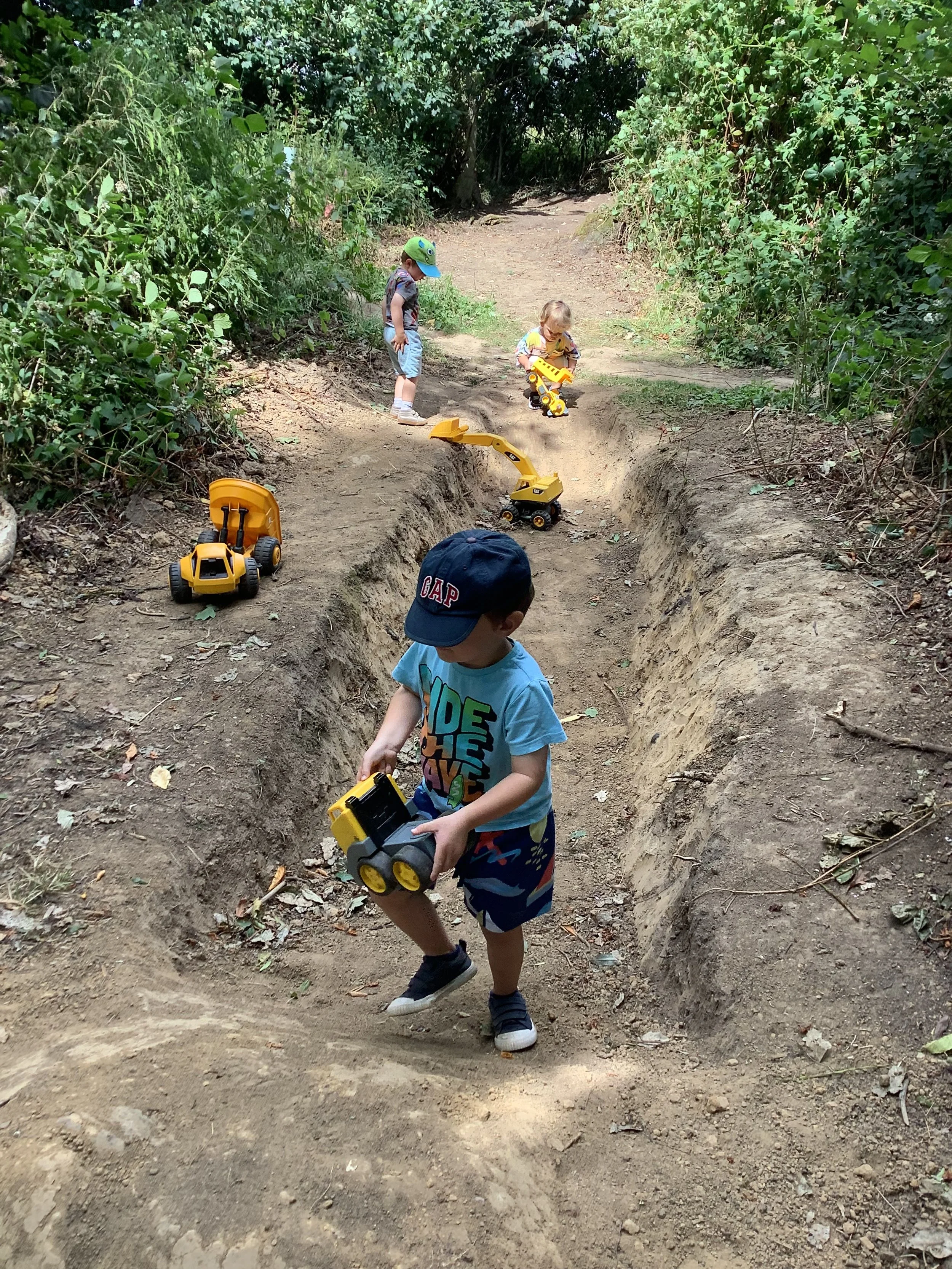
Assessment
Assessment helps parents, carers and Key Persons to recognise children’s progress, understand and reflect on their needs and shape the teaching and learning experiences accordingly. We believe that parents know their children best and we ask them to contribute to assessments by sharing information about their children. We undertake assessment summaries at regular intervals, as well as time of transition, such as when they go to school.
The progress check at age two
The EYFS requires that we supply parents and carers with a short written summary of their child’s development in the three prime areas of learning and development when a child is aged between 24-36 months. The keyperson is responsible for completing the check using information from ongoing observational assessments carried out as part of our everyday practice, taking account of the views and contributions of parents and other professionals.
Examples of activities that might be included in a typical Pre-School session are:
Communication and Language (CL):
Storytime, conversation, discussion, opportunities to express ideas and opinions.
Personal, Social and Emotional Development (PSED):
Sharing, partner and small group activities, opportunities to praise and encourage.
Physical Development (PD):
Fine motor: Mark making, pegboards, hammer and nails, playdough, construction eg lego.
Gross motor: Balancing on benches and stepping stones, , balance bikes, running and chasing on field and in woods, ball skills.
Literacy (L):
Stories, rhymes, sharing information, digital literacy.
Mathematics (M):
Counting children, objects, sorting and identifying shapes, puzzles, patterns,
Understanding the World (UW):
Exploring sand, soil, water, baking, observing and investigating nature in the surrounding environment and woods.
Expressive arts and design (EAD):
Painting, collage, singing, using instruments, music, movement and dance, acting out stories.

